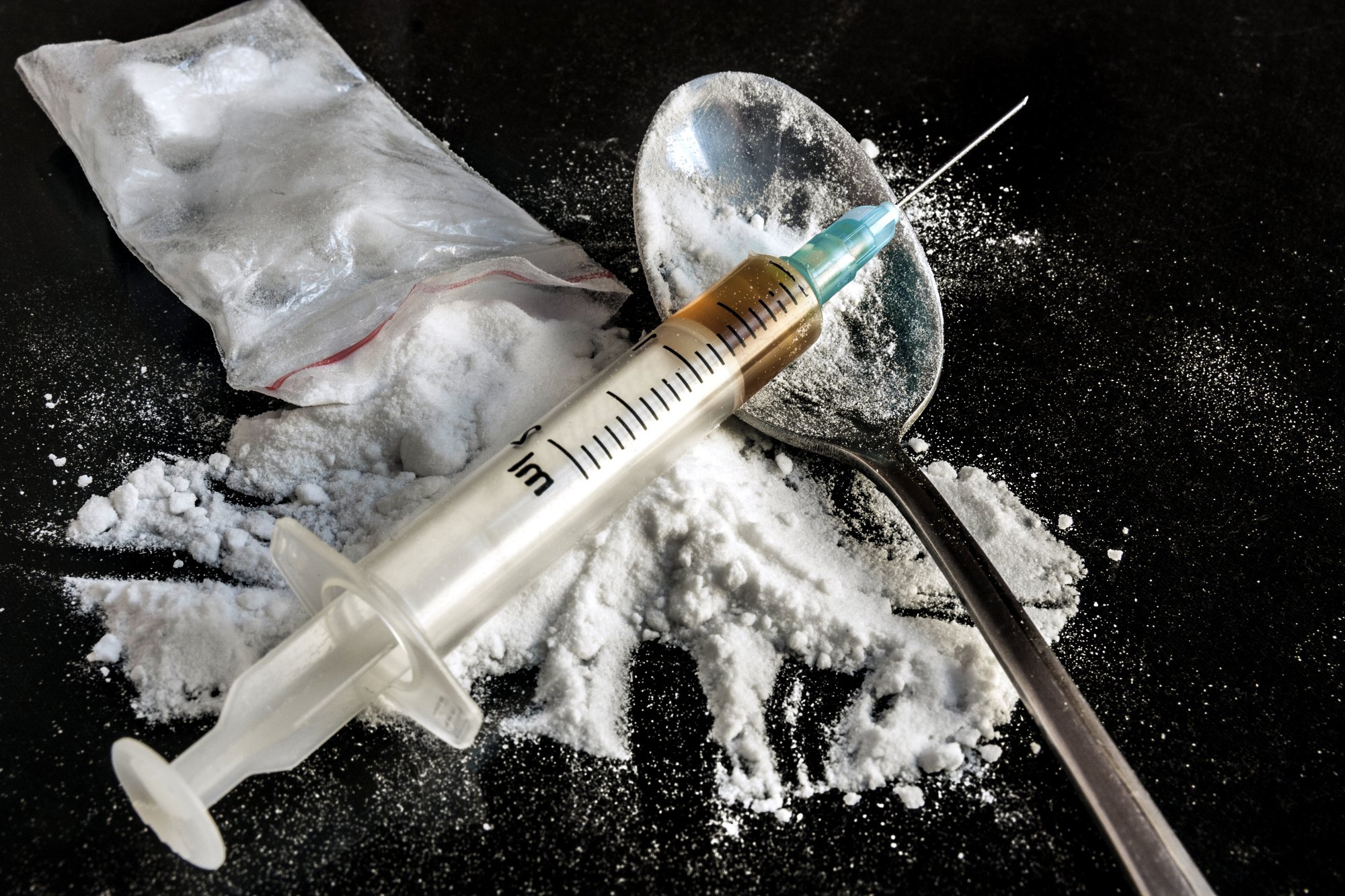Heroin addiction is a tragic condition. In 2020, an estimated 745,000 Americans abused heroin. More people die from heroin-related causes than any other drug.
Many people don’t know the signs of heroin addiction because it remains treacherous. Too many families have been ruined by the effects of heroin abuse.
To help reduce this problem in society, it’s important to have an awareness of the warning signs of heroin addiction. If you have a loved one exhibiting strange behaviors or appearing increasingly out of it, they might have an addiction.
If they do, encourage them to seek treatment. Here are some signs of heroin abuse and what to do about them.
Behavioral Changes
One of the first and most obvious signs of heroin abuse is often a change in how someone acts. People who are addicted to heroin may do a lot of things that are causing you worry.
As time passes, they become more private and pull away from their normal social groups, like family and friends. This withdrawal is often followed by a growing sense of loneliness and loss of enthusiasm for things they used to enjoy. People addicted to heroin often do dangerous or illegal things to get it, putting themselves and others in danger.
Physical Signs
One of the most common signs of heroin addiction is physical signs of heroin abuse. If someone has injected drugs, they will have needle marks or track marks on their arms, legs, or other body parts. These are some of the most obvious signs.
People who snort drugs may have nosebleeds all the time. Additionally, people who are addicted to heroin may not take care of their personal hygiene and appearance.
As an addiction gets worse, weight loss and other physical changes can become very clear. Through these physical signs, people who use drugs can see the damage it does to their health and well-being.
Psychological Symptoms
People who are addicted to drugs often have severe and frequent mood swings. They go from being happy when high to being very angry and irritable when they are going through withdrawal.
Depression and anxiety may increase, making things even worse emotionally. Because heroin affects the brain’s reward system, people who use it may also have trouble thinking clearly and making decisions. These mental conditions not only make it hard for people to feel stable emotionally, but they also make their lives less enjoyable.
Social and Relationship Issues
Social and relationship issues are common signs of heroin abuse. This is because the drug has such a big effect on a person’s life. Addicts who are struggling with heroin often find it harder and harder to maintain healthy relationships.
As their addiction gets worse, they may cut ties with family and friends, cutting themselves off from the people who can help them. Isolation can make it hard to talk to and trust people, which can stress relationships that were once close.
People with drug addictions may also have money problems as the cost of maintaining their addiction rises. They might take money from family or friends or even do dishonest things like stealing to pay for their drug habit. Taking care of these social and relationship problems is an important part of recovering from addiction.
Get help from places like rehabilitation centers or other treatment options. Learn more about how they deal with the mental and physical aspects of addiction and offer support and advice on how to fix broken relationships and build a stable social network again.
Tolerance and Withdrawal Symptoms
The deceptive nature of heroin addiction is shown by the way tolerance and withdrawal signs are linked. People who use heroin often build up a tolerance over time.
This means that their bodies get used to the drug and need higher and higher doses to get the same effects. This starts a dangerous loop of more and more drug use that can quickly get out of hand.
People who are addicted to heroin have terrible withdrawal symptoms when they try to cut down or stop using the drug. Some of these painful symptoms are feeling sick, throwing up, having diarrhea, having aches and pains in your muscles, and having strong cravings for the drug. Fear of these painful withdrawal signs is often a strong reason for people to keep using heroin, which traps them in the grip of addiction.
Neglected Responsibilities
An upsetting sign of heroin addiction is ignoring responsibilities, which shows how much the drug changes a person’s daily life. As an addiction gets stronger, people often have trouble meeting their obligations and responsibilities.
This could show up as ignoring work-related duties, which could cost you your job or make you less productive. In the same way, schoolwork and other tasks may not be done at all or be ignored.
People who are addicted to heroin may also have problems at home because they may fall behind on bills, rent, or mortgage payments, which can make their finances unstable. Not taking care of important things in life is a clear sign that addiction has become more important than everything else.
Physical Health Deterioration
Heroin abuse leads to worsening physical health, which shows how badly the drug affects a person’s health. Multiple short-term and long-term health problems can happen when someone uses drugs.
By sharing needles, drug users may increase their chances of getting diseases like HIV/AIDS and hepatitis. Getting abscesses and skin diseases at injection sites is very common. Abusing heroin can also lead to serious respiratory conditions like asthma and pneumonia.
Chronic heroin use is linked to worsening health, including organ damage and a weaker immune system. In addition, people who are stuck in the cycle of addiction face the very real risk of overdose, which can be deadly.
Look Out for These Signs of Heroin Addiction
Recognizing the main signs of heroin addiction is crucial in helping individuals seek the necessary support and treatment. From physical symptoms to behavioral changes, being aware and intervening when necessary is important. If you or someone you know is struggling with heroin addiction, do not hesitate to seek help and support.
Take the first step towards recovery and reach out to a trusted healthcare professional or addiction treatment center today. Let’s work together to combat this epidemic and provide hope for a brighter future.
Is this article helpful? Keep reading our blog for more.




